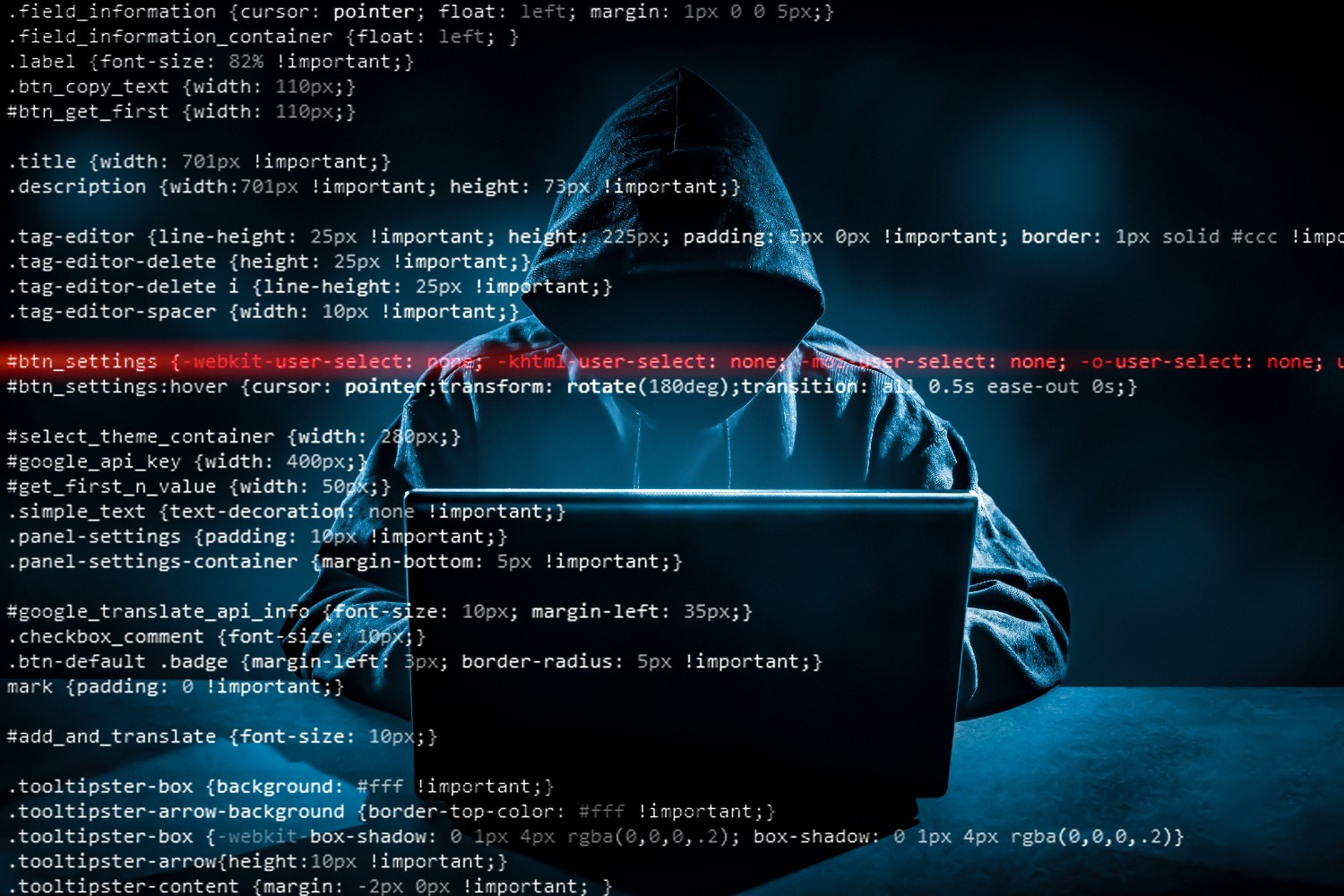
Middle East countries are heavily investing in ICT infrastructure. We can easily find lots of ICT applications in the region especially in GCC countries. ICT makes many things easier such as dealing with E-Government services, E-banking, employment, and business. I found in my previous research related to cybercrime that Internet penetration in the Middle East is growing fast and will outpace rest of the world!
Although I am feeling happy with the ICT implementation in our region, lots of troubles started coming their way!
Countries around the world have their own ICT problems. But many of them especially member states of the council of Europe started to implement new and dedicated laws to investigate and deal with the growing misuses of ICT including cybercrime.
There are many legislations and policies for cybercrime and misuses of ICT around the world but there’s no international treaty to deal with this phenomenon. Even a proposal for global cybercrime treaty was rejected by the United Nations at the 12th UN Crime Congress in Salvador, Brazil. It looks like developing countries and others who are not willing to cooperate at international level didn’t reach an agreement to pass this treaty. It is not strange… if they agree, they will be involved in many cases that they will not be able to solve because of local problems especially in the Middle East, China, and Russia!
Each country has special treatment for this phenomenon and even the definitions of cybercrime and other ICT misuses are complicated and considered dilemma everywhere.
But The Council of Europe Convention on Cybercrime is considered one of the best completed treaties to deal with ICT misuses.
Countries in the Middle East need to study this treaty and even get involved. Policymakers, governments, and private sectors need to cooperate to tackle cybercrime.
Most Arab countries still use normal or emergency laws to deal with activities that could be considered ICT misuses or even cybercrime. They can’t even differentiate the activities. Political blogging, activism, freedom of speech, or even facebook activities might be considered a crime in many Middle East countries!
Since we have lots of cultural, social, economic, religious, and political problems in our countries, we will still see more activities online. These activities might vary from freedom of speech, blogging, activism, Hactivism, online Jihad, cyber terrorism, and cybercrime.
Berkman Center for Internet & Society published this complete research for mapping the Arabic blogosphere. It reflects what I mentioned about the diversity of such activities online and especially on blogs.
Frankly Speaking: “Welcome to the Dark side of the Internet in the Middle East”
